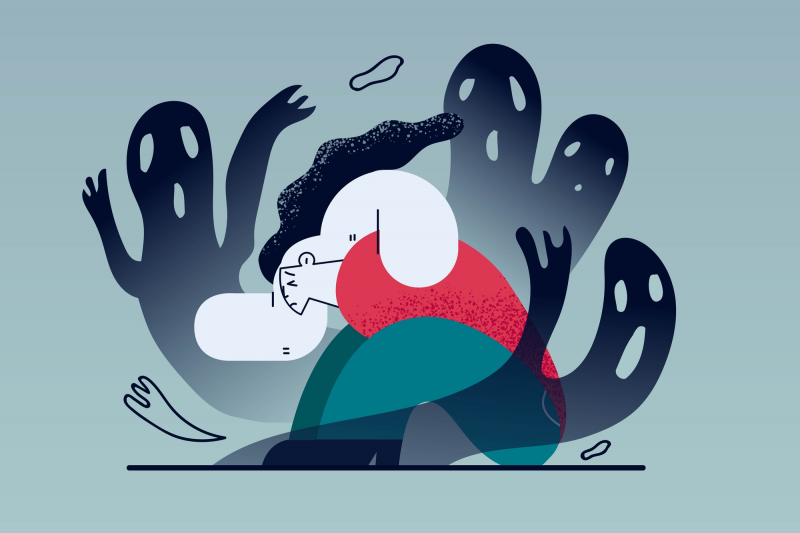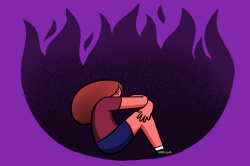The pandemic has impacted every aspect of our life. Many have made the abrupt shift to working from home, companies had to find ways to provide their services with little to no contact. How did the situation affect your work?
AG: The pandemic drove life online. Although at first, our students were not so used to online communication, they promptly got into it. And now, some even prefer online therapy more because this way they can save both time and money.
ES: During the lockdown, we had to reduce the number of our relaxation and meditation sessions because it’d be difficult to keep a safe distance between students and constantly clean the premises. But now that restrictions have eased, the situation is extremely interesting: students who have just started university hurry to sign up for our consultations and relaxation classes.
Many people believe that communication is much more productive when you meet in person. Do you agree? Is online therapy any different?
AG: Online therapy is just as efficient as in-person sessions, yet it largely depends on the person. While some prefer face-to-face conversations, others have no problem with online interaction. The environment plays a vital role, too. It’s much easier to talk to a specialist when you’re alone in your room than when you live in a dorm and have many roommates.
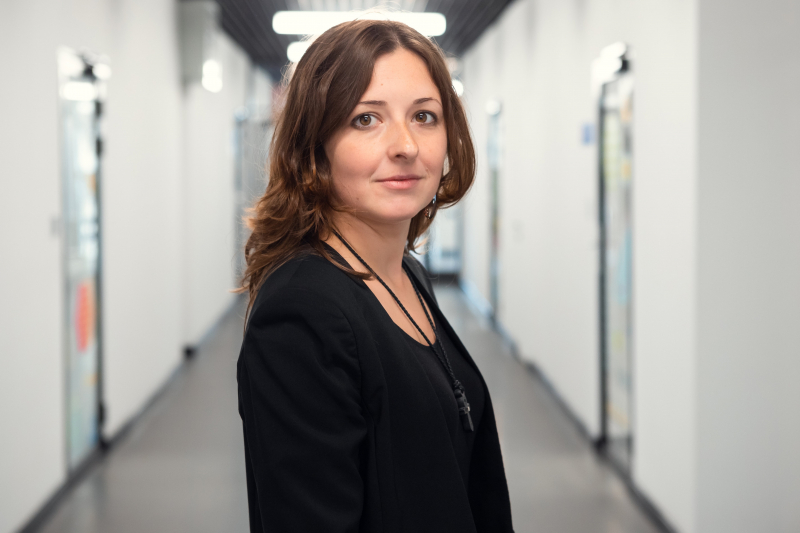
Alia Grekova. Photo coutesy of Dmitry Grigoriev, ITMO.NEWS
ES: It might be harder to take notice of the non-verbal signals like body language when you’re not in the same room. There also may be problems with the connection. Other people can interfere, too. But all this distracts clients more than psychologists. When we started to work remotely, we decided to make sure that our students had separate rooms in dorms where they could have their consultations.
But, of course, there is always the issue of compatibility. For various reasons, experts may hold a not very successful consultation in-person and a good one online. Although we don’t think online communication is troubling in any sense, we’re more used to the traditional format.
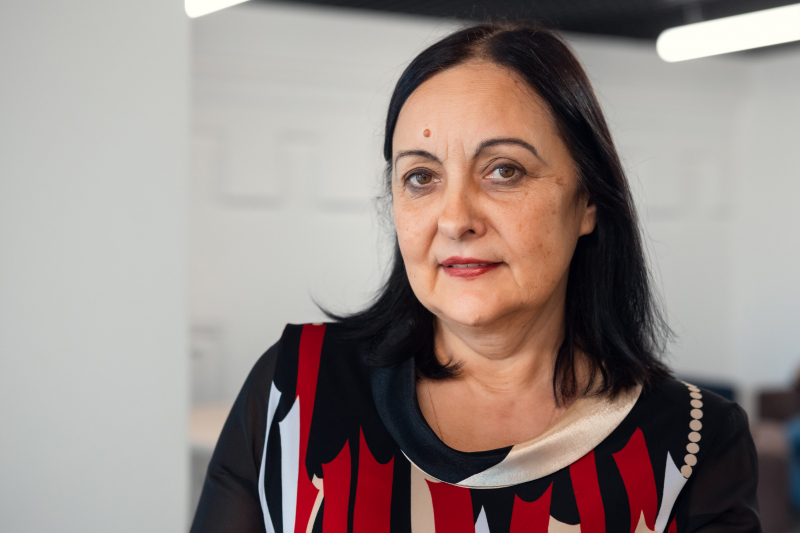
Elena Sharapanovskaya. Photo coutesy of Dmitry Grigoriev, ITMO.NEWS
Did you notice any changes in your clients’ requests during the pandemic? What did they most struggle with?
AG: Some of our students found more pros than cons in social isolation. For instance, they noticed that the pandemic was actually good for their relationships with their close relatives. But there were also those who didn’t handle the lack of privacy very well. And, surely, the pandemic was hard on people who enjoy going out and meeting new people.
ES: At the start of the pandemic, we were also approached by students who had just gone on a semester exchange. They hadn't had a chance to make friends and were basically locked down alone.
For a long time, we thought that the pandemic didn’t affect the needs of our clients – at least students, as we mostly work with them. But then, in spring, when the lockdown was over, we and also our colleagues from V.M. Bekhterev National Research Medical Center Psychiatry and Neurology noticed some tendencies. Social cataclysms have given greater visibility to certain personality traits.
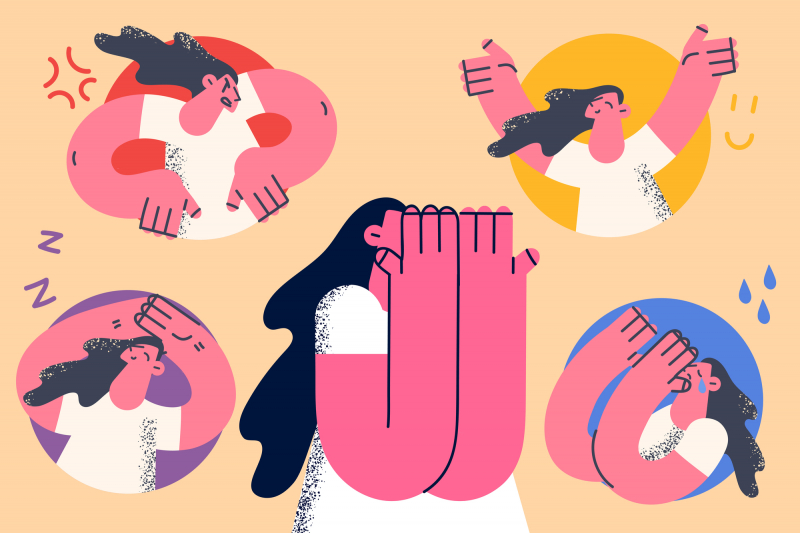
Credit: depositphotos.com
Can you give us an example?
ES: Young people are always active and rarely alone. It’s out of their character to slow down and focus on the world and inner selves.
One of the reports at the St. Petersburg Summit of Psychologists was devoted to the pandemic. Psychologist Elena Sapogova spoke about how basic people’s mindsets and attitudes changed over the course of the pandemic. A lot of what was mentioned we also noticed in our experience.
People acquired new values and ways of thinking, more negativity came up to the surface. The pandemic might not be the primary reason but definitely served as a catalyst for such consequences. We meet more and more people who want to get what they want immediately or want to do away with certain emotions as fast as possible.
What do you mean?
AG: Some people come and say: “I don’t want to feel this,” “I don’t want to want this,” or “I want a certain result after our conversation.” For example, they don’t want to worry about job interviews or want to blend into a new team right away. But it’s perfectly natural to worry in such situations.
ES: It’s a ‘here and now’ situation like when a kid wants to get their toy. Perhaps, it has something to do with the fact that we live in a consumer society. During good times, people get used to getting anything easily. Why would you do something yourself, if you can hire a person for this? The same is true for therapy. You can simply expect a psychologist to solve all your problems.
AG: But you know, there is more than just one right thing. Some emotions must be felt, even if they are bad ones. It's perfectly normal to feel worried about things.
So, do people now try to avoid even the slightest discomfort?
ES: It seems that people tend to seek help from others, say, psychologists when they want to quickly get rid of “unnecessary” feelings and worries.
There's no such thing as “good” and “bad” emotions. They are meant to show us what’s happening within us. You can’t rid a person once and for all of their pain, fear, anger, or any other emotions. They are there to play a certain role, some of them are meant to protect us.
We can’t exist in an artificial problem-free world. And even if we could, we wouldn't be able to cope with difficulties once we were out. Many young people think that nothing can scare them. They enjoy watching horror movies. Yet they might be strongly affected by a minor challenge like an angry boss to the point when they need medications. The thing is, you must be able to handle life, as it is.
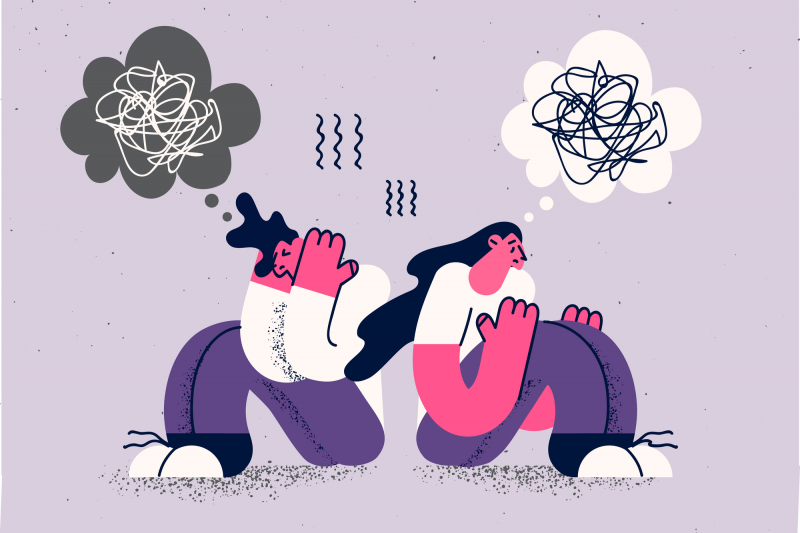
Credit: depositphotos.com
Some researchers say that people who have already been sick with COVID-19 can experience depression or anxiety. Did you notice anything like that in your practice?
ES: We work mostly with young people, so other experts may have different experiences. Staff members say that they noticed certain long-term effects like cognitive problems or overall health issues. But not so many with depressive symptoms. There were two distinguished tendencies after the lockdown: increased depressive tendencies and infantilization.
Did the pandemic have an impact on psychology?
ES: I wouldn't say that there were some radical changes but tendencies for sure.
AG: Well, science seeks to find a new person going beyond the traditional approaches: age limits, common crises, etc. Children, youth, adults – they are all different now. We need comprehensive research but there are not so many articles on this topic yet. And not enough time has passed to do so. Maybe that is the birth of a new unconventional personality type adapted to the modern world.
